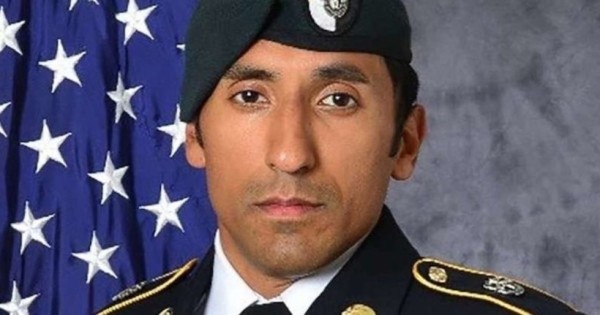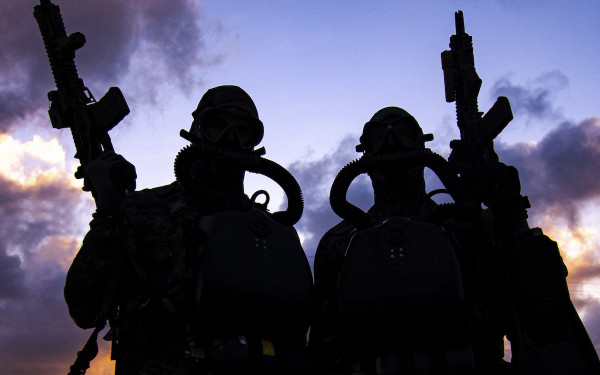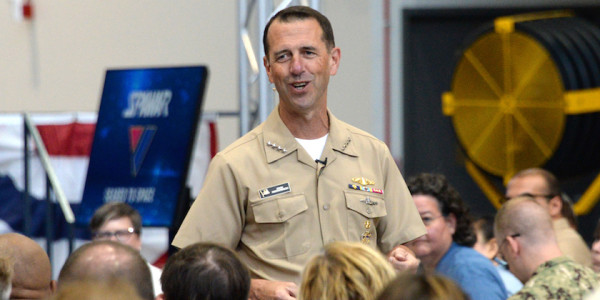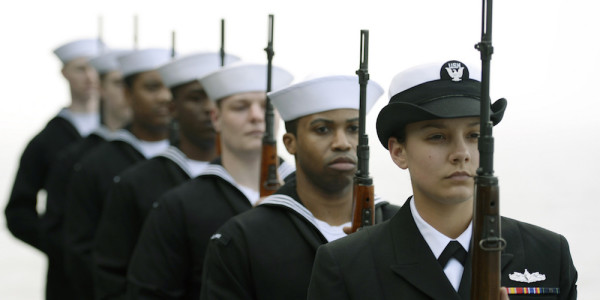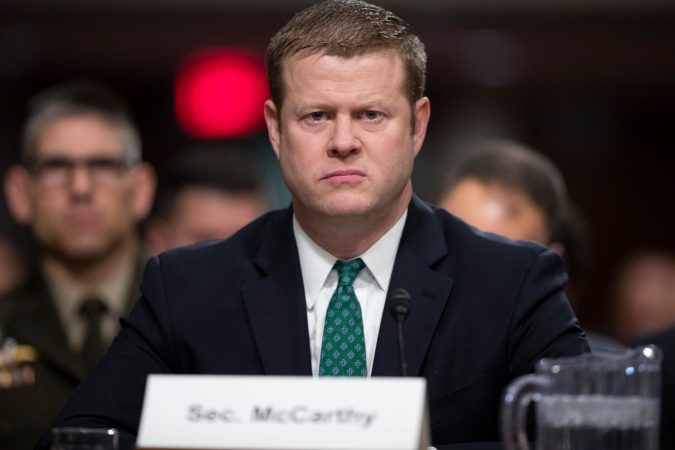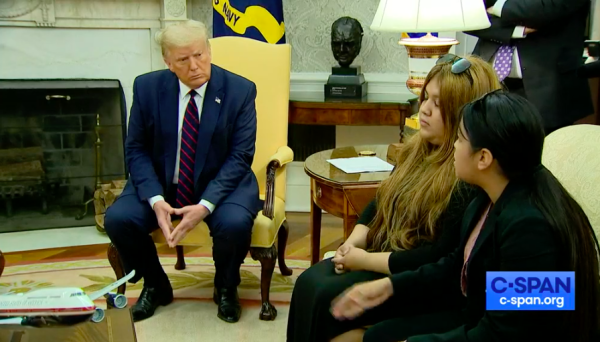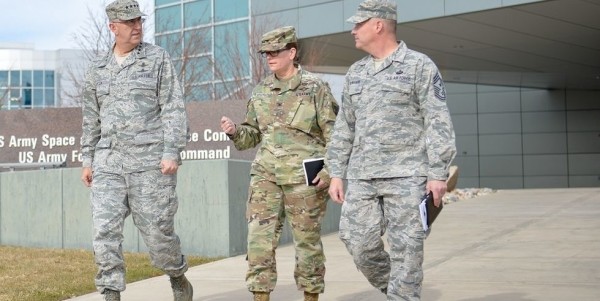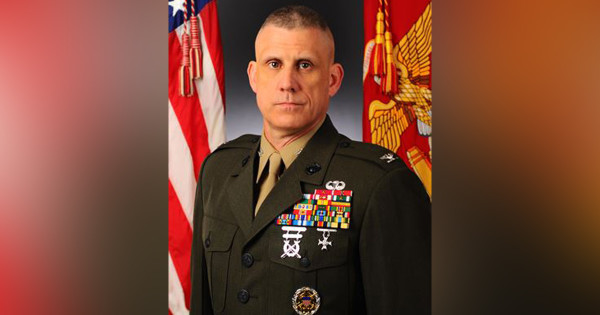Commanders in the Navy and the Marine Corps will no longer be the investigating authority for sexual harassment claims, following a memorandum from Secretary of the Navy Carlos Del Toro.
Issued last Friday, the order states that “within 72 hours, forward such complaint to the next higher level commander in the chain of command to appoint an investigating officer to investigate the complaint. The next higher level commander shall appoint an investigating officer from outside the command of the subject and complainant. The investigating officer selected shall not be familiar with the subject or complainant.”
This latest update is a temporary procedure as the branch moves to staff “independent, professional” investigators for such complaints. It also allows an officer from within the same command to investigate if the commander determines that such an investigation would “unreasonably interfere with the command’s ability to complete its mission.”
It’s a similar decision to one made last year by the Army’s Forces Command, controlling more than 750,000 soldiers from the active-duty Army, National Guard and Reserves.
The Navy memo came on the same day that the Sexual Harassment Independent Investigations and Prosecutions Act was introduced to Congress by Rep. Jackie Speier (D-Calif.)., two years to the day after Army Pvt. Vanessa Guillén was reported missing from Fort Hood, Texas. Guillén, 20, was repeatedly sexually harassed by a noncommissioned officer in her unit before her death.
“Spc. Guillén was sexually harassed by a superior prior to her disappearance and dismemberment. No action was taken on her complaint. Many other victims of sexual assault and violent crimes in the military have shared with me how they also suffered from sexual harassment. As long as sexual harassment courts-martial continue to be handled through the military chain of command, victim’s voices will be stifled and overwhelmed by a system stacked against them at every turn,” said Rep. Speier in a statement.
Sexual harassment was not specifically codified as a crime under the Uniformed Code of Military Justice until earlier this year.
The Navy’s decision comes as part of a broader trend to alter the military justice system by removing cases of sexual assault and sexual harassment from the direct chain of command. It’s an issue that has long gone unaddressed, and one that has continued to affect service members over the years.
“Every general or commander that has come in front of this body for the past 10 years has told us ‘We’ve got this ma’am. We’ve got this,’” said Sen. Kirsten Gillibrand (D-N.Y.) last year. “Well, the truth is, they don’t have it. The military justice system simply is in the wrong hands.”
The latest on Task & Purpose
- Tom Hanks will continue his absolute domination of World War II entertainment
- The Army has picked Sig Sauer for its new Next Generation Squad Weapon
- This Russian tank tells us something about the invasion of Ukraine
- The Marine Corps’ plan to redesign the force will only end up breaking it
Want to write for Task & Purpose? Click here. Or check out the latest stories on our homepage.


